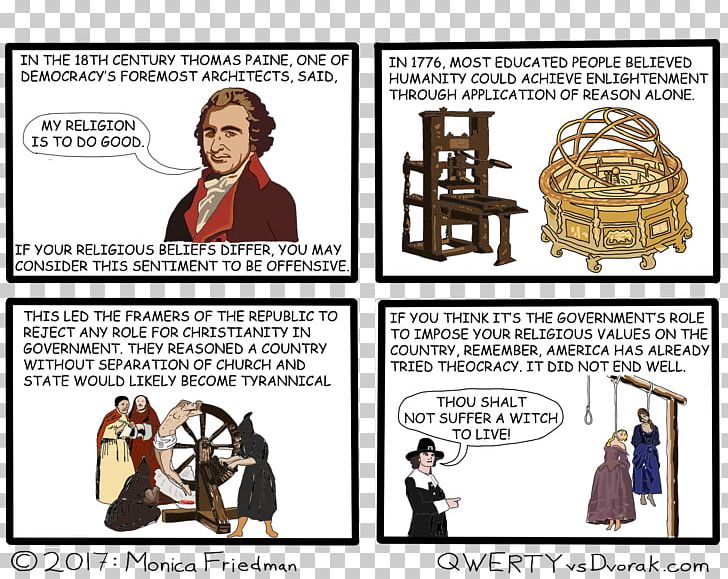

It is a beautiful idea, and if it was not for Darwin I probably would have believed in such a God as the only logical explanation of the seemingly infinite complexity of the world. Paine believed that to understand the mind of God one should study the book of his creation - the universe. He must be the only character in fiction that we praise for being both angry and jealous.īut this is not a book by an atheist, Paine still believed in God, a God who created the universe. God only becomes slightly nicer after his conversion to Christianity.

Read this book and then read the Bible - not the selected bits one might get shown in Sunday school about two of every kind hopping onto a boat, but the impossibly erratic mad father that God is in his tormenting of his own people. For people to say they base their morality on such a book either means they have not read it or they have a particularly frightening idea about what is moral. As he says at one point Moses asks his followers to kill the mothers, fathers and brothers and then to debauch the daughters of those they conquer. So, first he shows that the Bible was not written by God - showing the near endless contradictions contained in that book, showing where much of the old testament in particular is a hsndbook of genocide. He believes in the God who created the universe, not in the men who wrote a book.

Only six people attended his funeral as he had been ostracized for his ridicule of Christianity. In 1802, he returned to America where he died on June 8, 1809. He also wrote the pamphlet Agrarian Justice (1795), discussing the origins of property, and introduced the concept of a guaranteed minimum income. He became notorious because of his pamphlet The Age of Reason (1793–94), in which he advocated deism, promoted reason and freethinking, and argued against institutionalized religion in general and Christian doctrine in particular. In December 1793, he was arrested and imprisoned in Paris, then released in 1794.

Consequently, the Montagnards, especially Robespierre, regarded him as an enemy. In 1792, despite not being able to speak French, he was elected to the French National Convention.
#AGE OF REASON TRIAL#
His attacks on British writer Edmund Burke led to a trial and conviction in absentia in 1792 for the crime of seditious libel. He wrote the Rights of Man (1791), in part a defence of the French Revolution against its critics. Paine lived in France for most of the 1790s, becoming deeply involved in the French Revolution. Common Sense was so influential that John Adams said, "Without the pen of the author of Common Sense, the sword of Washington would have been raised in vain." His principal contributions were the powerful, widely read pamphlet Common Sense (1776), the all-time best-selling American book that advocated colonial America's independence from the Kingdom of Great Britain, and The American Crisis (1776–83), a pro-revolutionary pamphlet series. He has been called "a corset maker by trade, a journalist by profession, and a propagandist by inclination".īorn in Thetford, England, in the county of Norfolk, Paine emigrated to the British American colonies in 1774 with the help of Benjamin Franklin, arriving just in time to participate in the American Revolution. His ideas reflected Enlightenment-era rhetoric of transnational human rights. As the author of two highly influential pamphlets at the start of the American Revolution, he inspired the Patriots in 1776 to declare independence from Britain. Thomas Paine was an English-American political activist, author, political theorist and revolutionary.


 0 kommentar(er)
0 kommentar(er)
